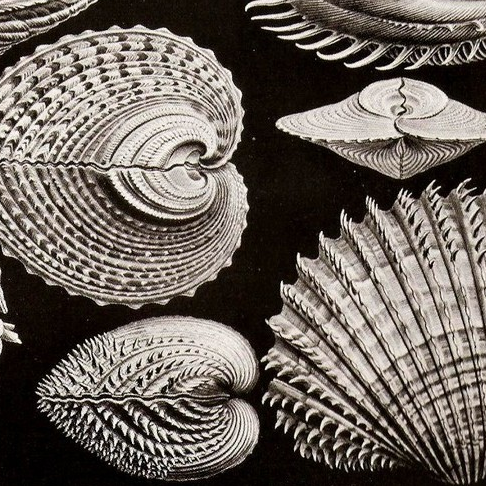Category: Other
-
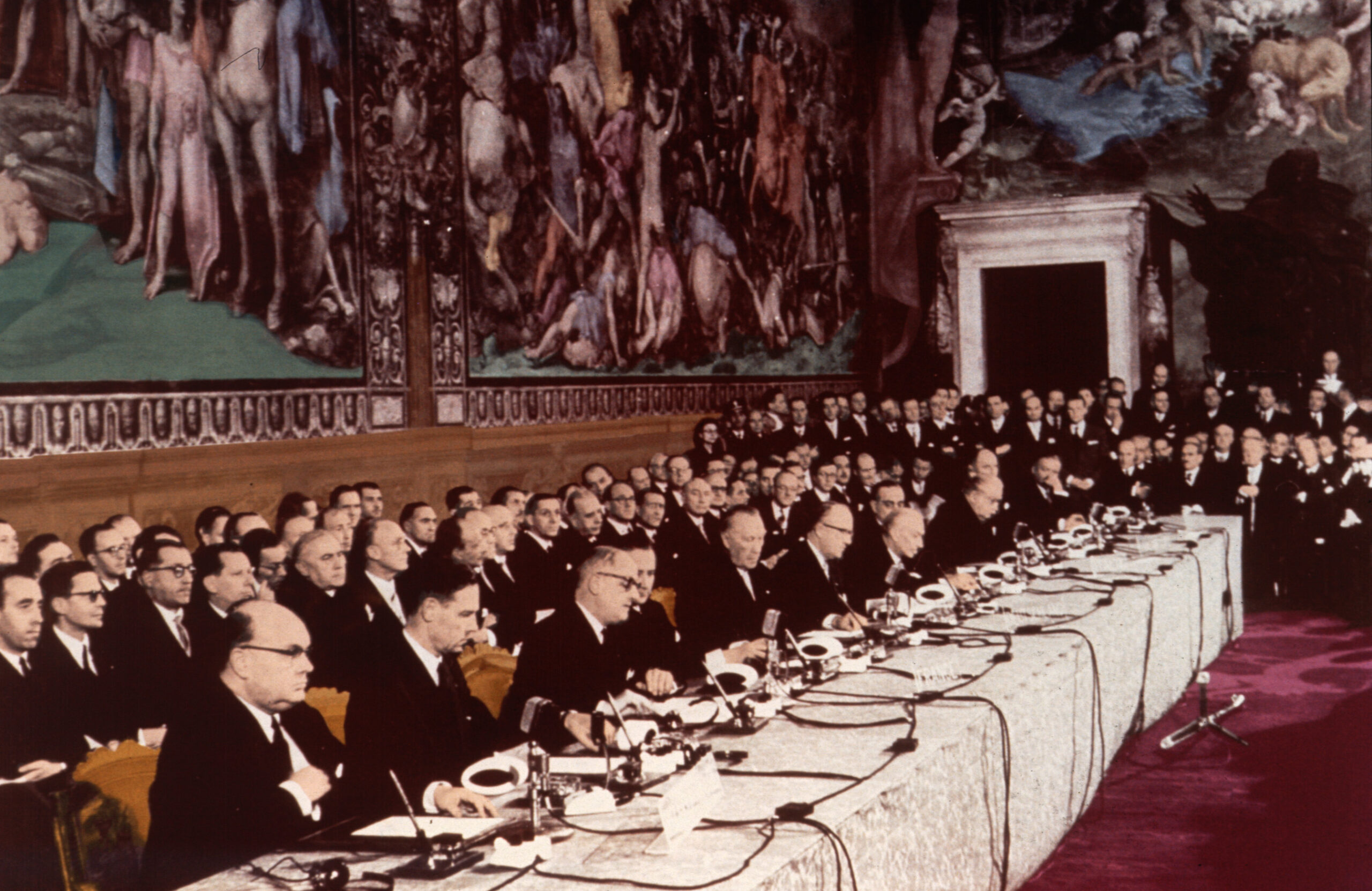
Europa en technologie: Fundament en balanceeract tegelijk
Met 27 lidstaten en een tiental in de wachtkamer is de Europese Unie (EU) een significante factor in de wereldeconomie en de mondiale politiek. Dit is echter geen status quo. Aan alle kanten wordt aan het supranationale karakter van de EU geknaagd. Tijd dus voor een analyse van de verknooptheid van die 27 natiestaten. De…
-
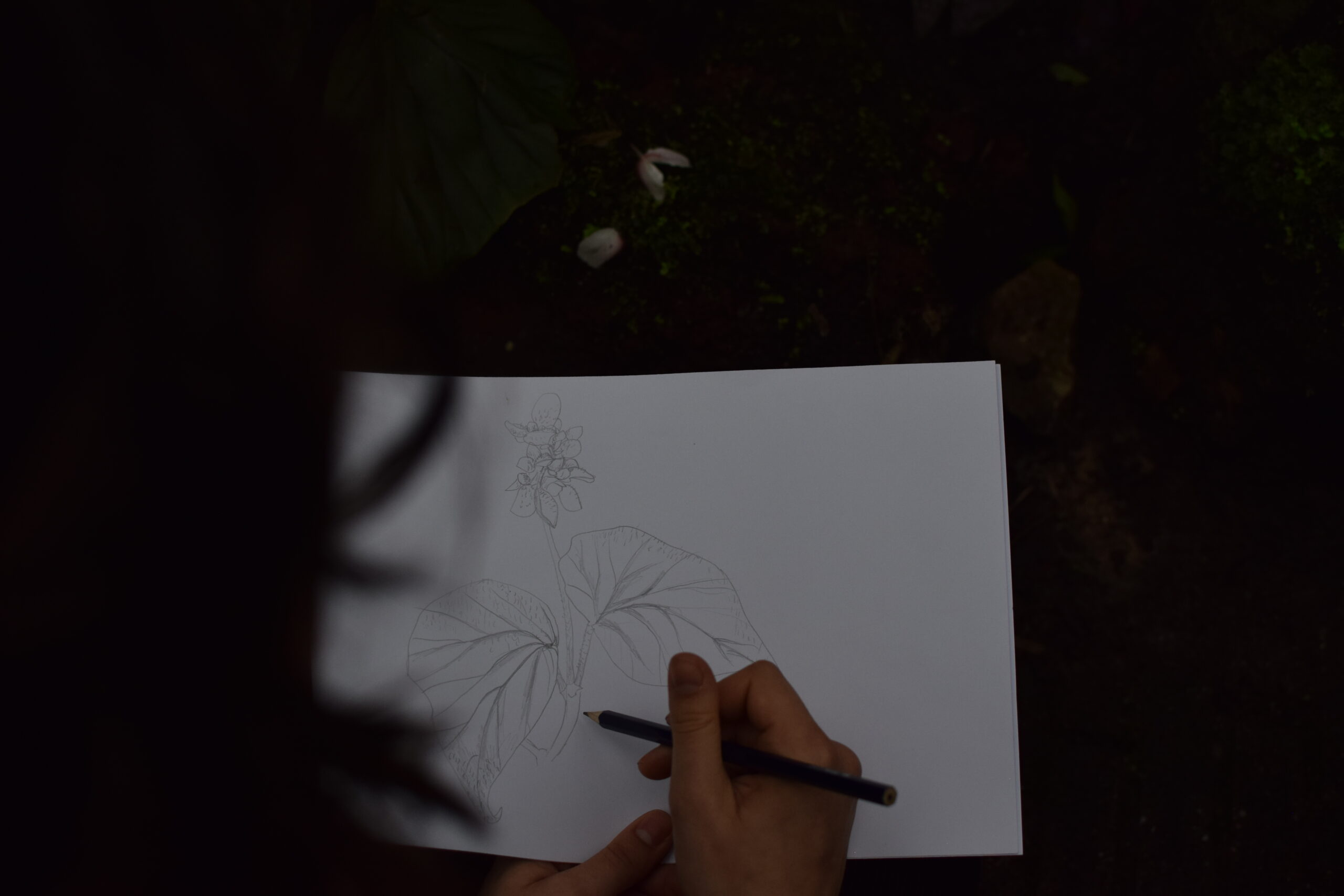
Practising History: Time Traveling with Ink and Etchings
Historical research is something we would not have associated with a laboratory. Instead of the dusty smell of books in an archive, we were suddenly exposed to the sizzling of pans and the strong scent of wine and burned wood. Still, this is where we found ourselves, as students of the Utrecht University History and…
-

Curated Curiosity – reinstituting science museums as Wunderkammern after modernity
A walk through a twenty-first century science museum is rarely straight. As in other museums, professionals working in science museums experiment with their curatorial practices: they shuffle their showcases, scutter through depots to find forgotten objects, and try to uncover unseen entanglements. These curatorial practices often explicitly aim to revive “cabinets of curiosities” or “Wunderkammern”,…
-
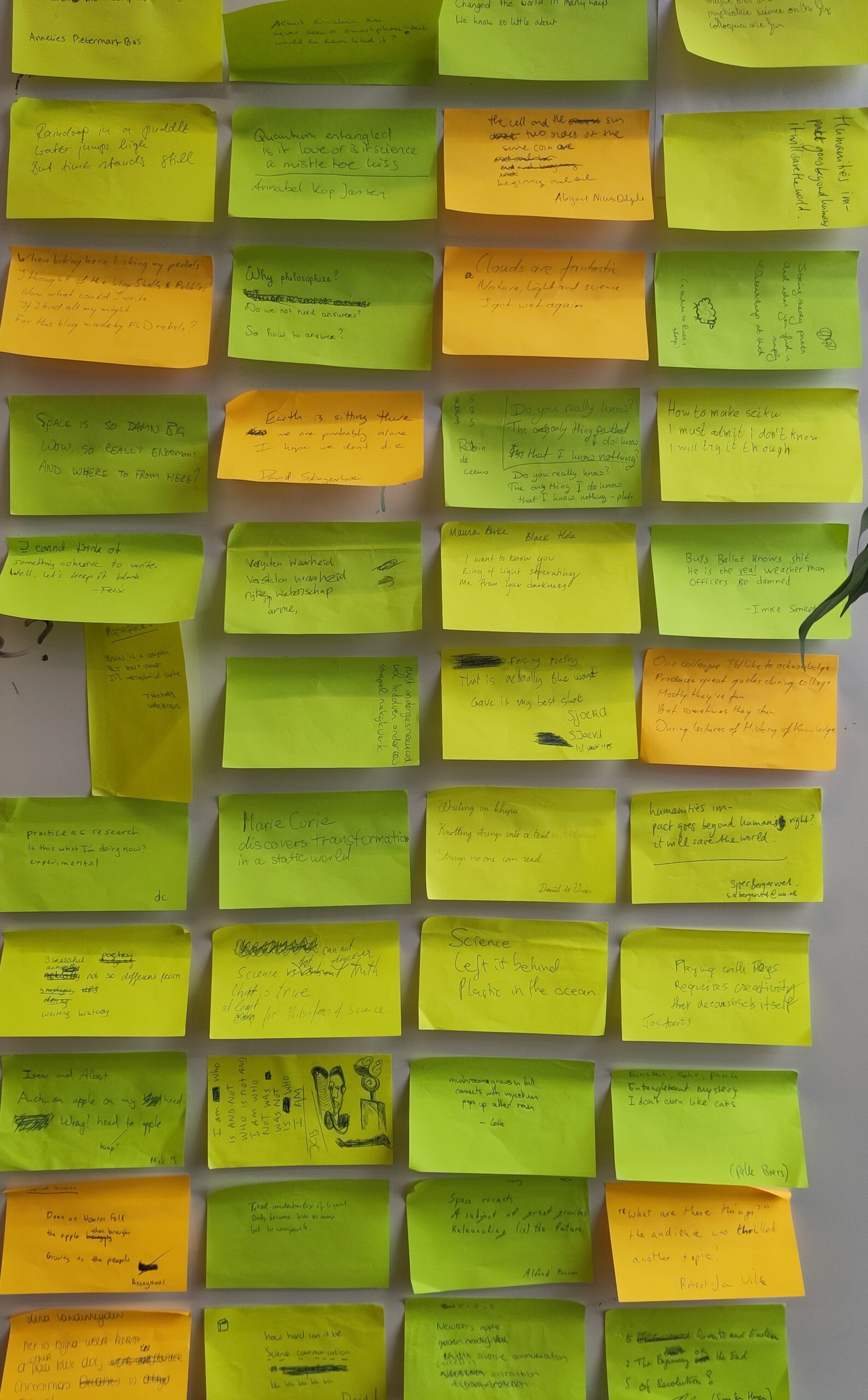
Who needs 1500 words as a means of science communication?
If there is one thing that we, as a community of historians and philosophers of science and the humanities, are acutely aware of, it is that scientific practices are often intertwined with other practices such as artisanal or artistic practices. For many of us, the recognition of this intertwinement forms an important reference point in…
-

A Meme from the Past
Once in a while, the archives offer moments of exhilaration, when the sources depict something surprising, unusual, or simply strange. Sometimes these feelings can stem from finding some familiarity where you didn’t expect it to exist. That was the case when I encountered the set of drawings above in a student scrapbook from 1903 at…
-
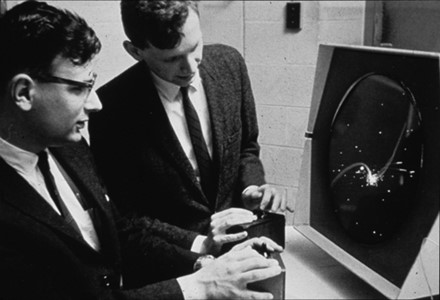
Spacewar! Early A.I. Research and the World’s First Video Game
“Can machines think?” Posed by Alan Turing in his 1950 paper “Computing, Machinery, and Intelligence,” this question remains debated by Artificial Intelligence (AI) researchers and philosophers of science to this day. In this seminal paper, Turing introduced the world to the Imitation Game, also known as the Turing Test, which challenges an “interrogator” to differentiate…
-
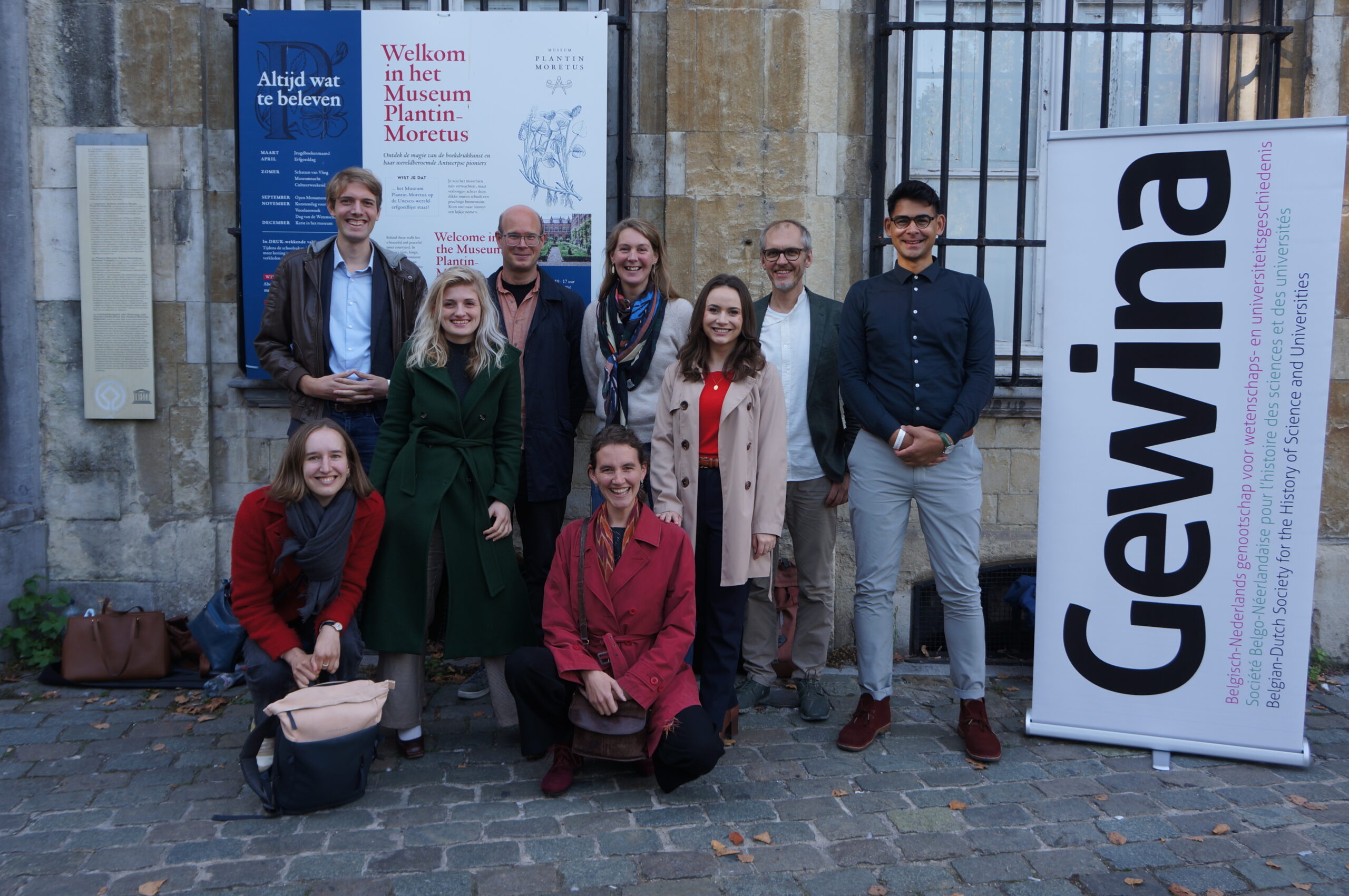
Leading women in early modern book printing – Report on Gewina’s fall members’ day
Why do early modern title pages regularly mention women’s businesses as the site of production? With this question in mind, we, the attendees of Gewina’s fall members’ day, rushed swiftly through beautiful Antwerp. It was one of the last sunny and warm days of the year and the many outdoor cafes were already filling up…
-
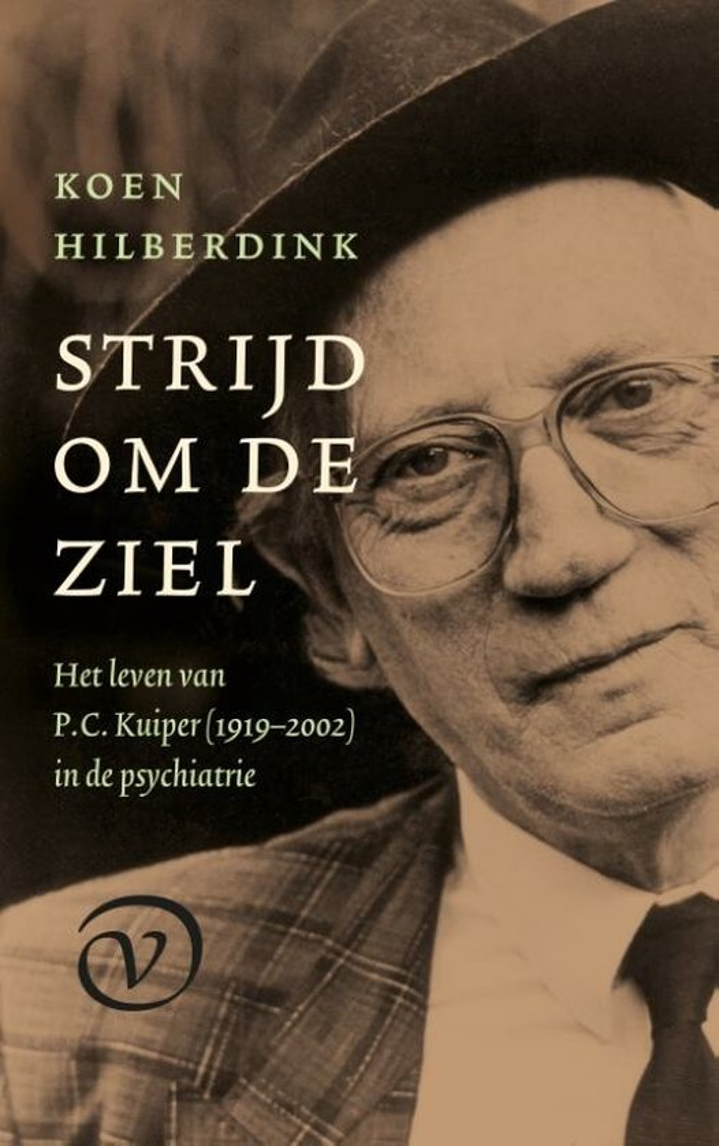
Een intrigerende biografie over een gemankeerde psychiater. Het problematische leven van Piet Kuiper (1919-2002)
Een recensie van Koen Hilberdink, Strijd om de ziel. Het leven van P.C. Kuiper (1919-2002) in de psychiatrie, Uitgeverij van Oorschot, 352 blz. In de jaren zeventig en tachtig van de vorige eeuw leerden vrijwel alle studenten geneeskunde (en andere opleidingen) het vak psychiatrie via twee boeken van hoogleraar Piet Kuiper: Neurosenleer en Hoofdsom der…
-

Echoes of the Convent: Report of the 9th History of Science and Humanities PhD Conference, 2023
On a sunny Thursday morning in April, it was finally happening again. The bi-annual PhD conference on the history of the sciences and humanities brought together twenty-five young researchers from Belgium and the Netherlands at the beautiful Soeterbeeck Abbey. After the 8th edition in 2021 was held online, we were very happy to be greeted…
-

Turning Tides: Flow
Dear readers, We are very happy to introduce ourselves as the new editorial team of Shells and Pebbles! With great enthusiasm we will be taking over from Jeroen, Iris, Jorrit and Sjang. First of all, we would like to thank the outgoing editors. We appreciate their work enormously and hope to carry on their legacy…
-
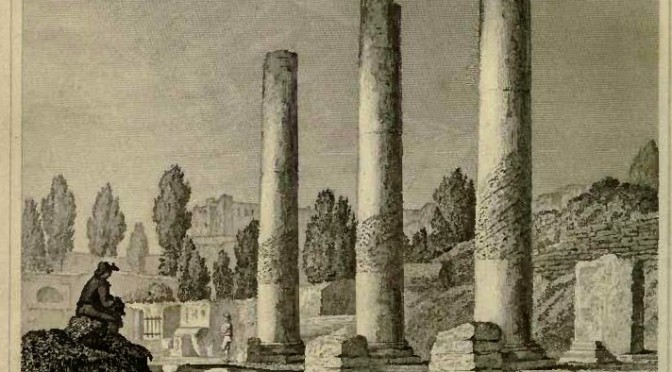
Turning Tides: Ebb
Shells&Pebbles launched ten years ago today. The first piece, by Floris Solleveld, featured a frontispiece from Lyell’s Principles of Geology: a view of the shore at Puzzuoli. It draws the eye to the shells and mussels remaining after the water first rose to submerge an ancient marketplace, then retreated again. An evocative image, but like…
-

Druk, druk, druk
Verslag van het publiekscongres ‘Academische werkdruk in historisch perspectief’ Op vrijdag 8 oktober 2021 vond in Leiden het publiekscongres van Gewina plaats, georganiseerd door Dirk van Miert en Herman Paul. Het thema was ‘academische werkdruk in historisch perspectief’, maar het duurde niet lang eer de eerste opmerking over de actualiteitswaarde van dit onderwerp viel. Marieke…
-

On the other hand. On Ambidexterity of Knowledge
This blogpost is followed by a brief interview with the author. Acknowledgement: This piece, its style and reasoning, is indebted to historian of science Michel Serres. This story is oft-told: With our hands we point to the places in the world, where we want to invest the attention of others. “Show it to me,” demanded the person who wanted to found a claim of knowledge…
-

The far-side of scientific funding: why you should publish your rejected grant application
When the astronomer Tycho Brahe gifted his book Astronomiae Instauratae Mechanica (1598) to the Republic of Venice, he strongly hoped that it would move the city to write out a decree supporting his travels for astronomical observations. Tycho had left his motherland Denmark after the new ruler Christian IV withdrew his patronage of the research…
-
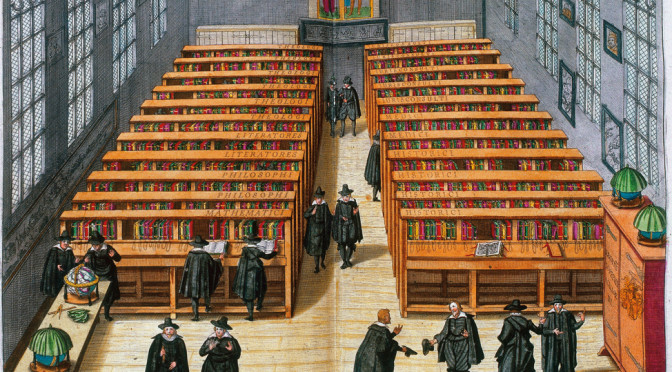
What are/were/will universities be for?
Last week, the purpose and ownership of the university were popular topics at several academic openings of the year throughout the Netherlands. In Twente, the slogan Rethinking the University echoed the recent reformist waves in Dutch academia, while the protests at the University of Amsterdam made clear these currents are anything but dead. Professor Beatrice…
-
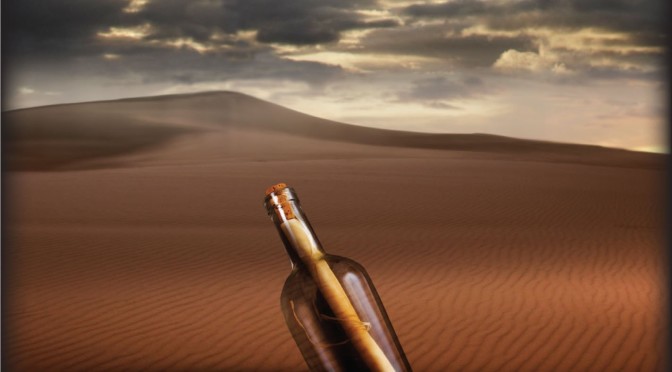
The Collapse of Western Civilization – satire against climate change deniers
The Collapse of Western Civilization is a small book, published last year by climate historian Naomi Oreskes and historian of space science Erik Conway. Only a few months out, it already had quite some publicity. Also on me, Oreskes’ and Conway’s narrative had a bigger impact than other recent climate scenarios. The booklet of 104…
-
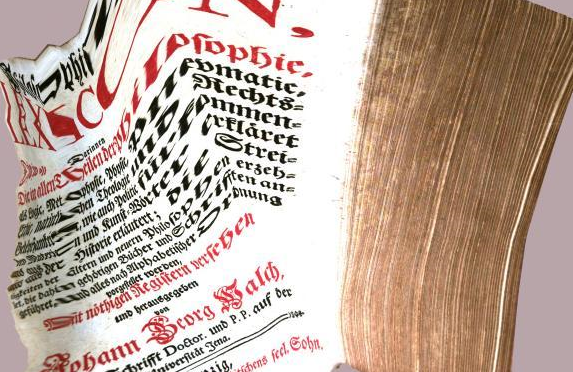
Lost in Digitization? Postcolonial Heritage Production, Bookish Art, and the Workers of Words behind Google Books
All screwed up Not long ago I looked up an eighteenth-century philosophical lexicon on Google Books. The unevenly numbered pages looked like this (image 1):
-
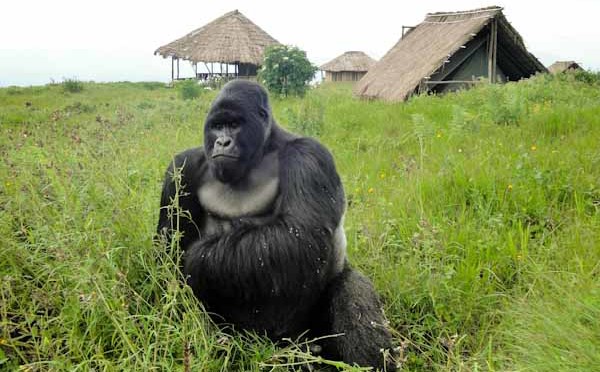
Virunga: Concession Politics
‘Who gives a fuck about a fucking monkey?’ The man talking is filmed by a hidden camera, and he presents himself as ‘maybe a mercenary’. He is in the Democratic Republic of Congo as a subcontractor to the British-based multinational oil company Soco. The ‘monkey’ the man refers to is the mountain gorilla, of which…
-
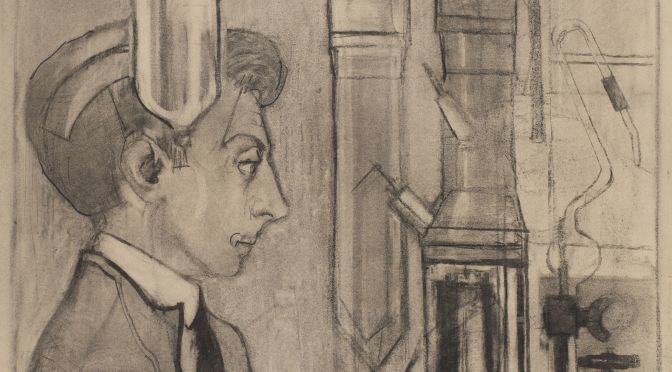
Harm Kamerlingh Onnes in Museum Boerhaave. Machine-esthetiek van een milde modernist
Onlangs verwierf Museum Boerhaave een collectie tekeningen van de Leidse kunstenaar Harm Kamerlingh Onnes (1893-1985), gemaakt rond 1920 in het natuurkundig laboratorium van zijn Nobelprijswinnende oom Heike. Voor het museum zijn deze tekeningen een welkome aanvulling op de verzameling: aantrekkelijke artistieke impressies van Heike Kamerlingh Onnes’ onderzoeksapparatuur uit het begin van de twintigste eeuw, die…
-
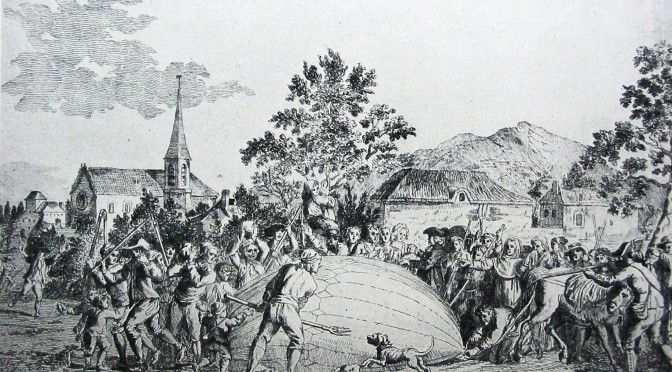
Darwin op SBS? De burger en de wetenschap anno 2014
De afgelopen maand is er veel te doen over de rol van wetenschap in onze samenleving, en een goed gelezen contribuant aan deze discussie is Rob Wijnberg. Na ons eerder al op de Correspondent verteld te hebben hoe het opdoeken van de filosofiefaculteit aan de Erasmusuniversiteit het moment markeert waarop we als samenleving collectief gestopt…
-

The Times They Are A-changin’: Academia in the Age of Open
The academic world in the Netherlands is abuzz with the government and the Association of Universities in the Netherlands’ (VSNU) firm position in negotiations with Elsevier. The push to open up academic literature to become freely accessible and reusable online, which is usually recognized under the umbrella term of Open Access, has become quite real…
-
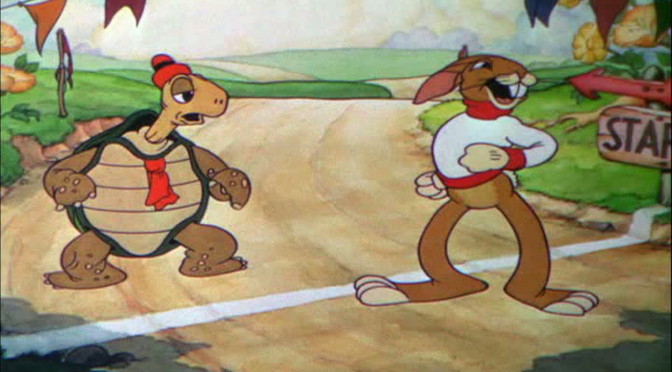
‘Slow science’ in het digitale tijdperk
Open access betekent ruim baan voor het digitale publiceren. Maar is alle wetenschap hier wel bij gebaat? Een pleidooi voor ‘slow science’ in de tijden van terabytes en 4G.
-
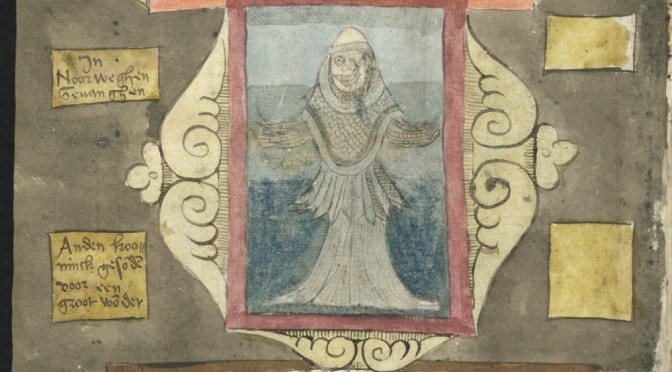
Zeeridders en zeemonniken. Adriaen Coenen over het zestiende-eeuwse zeeleven
Door Lieke Smits In de Scheveningse Keizerstraat kunnen badgasten en winkelende toeristen uitrusten op bankjes waarvan de rugleuningen met wonderlijke voorstellingen zijn versierd. Wie goed kijkt zal verschillende diersoorten kunnen herkennen, waaronder veel vissen, maar ook wonderlijke wezens zoals basilisken en cyclopen. Deze afbeeldingen zijn afkomstig uit het Visboeck van de zestiende-eeuwse visser Adriaen Coenen,…
-
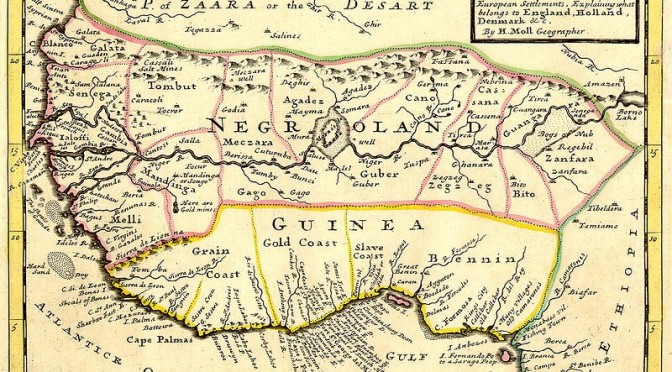
The Riddle of the Phantom Island
By Daniel Stinsky Maps contain lots of information in a condensed and abstract visual format. We trust maps to depict reality, and we trust that they are produced with scientific rigor. But as the fairly recent case of a “phantom island” in the Coral Sea shows, maps can contain false information, even in the age…
